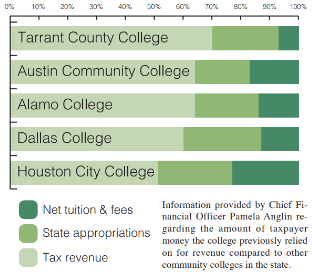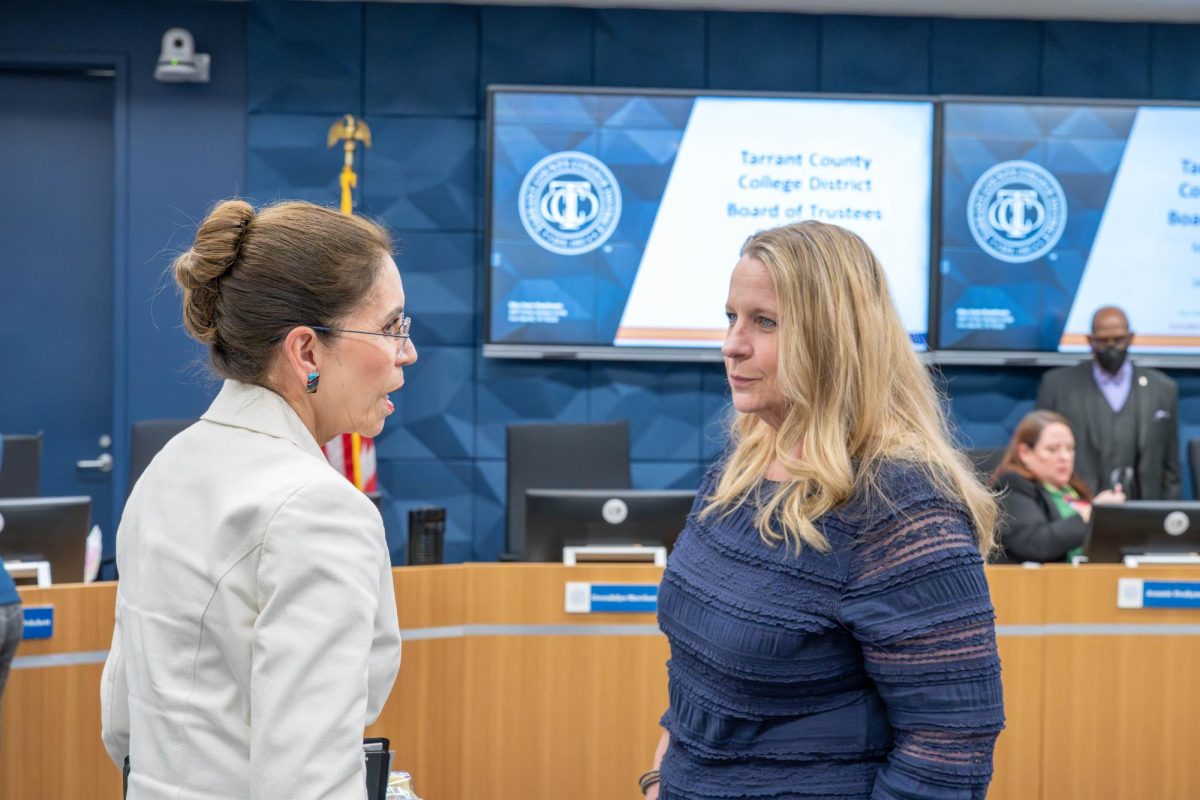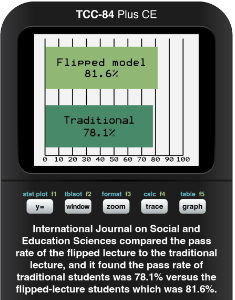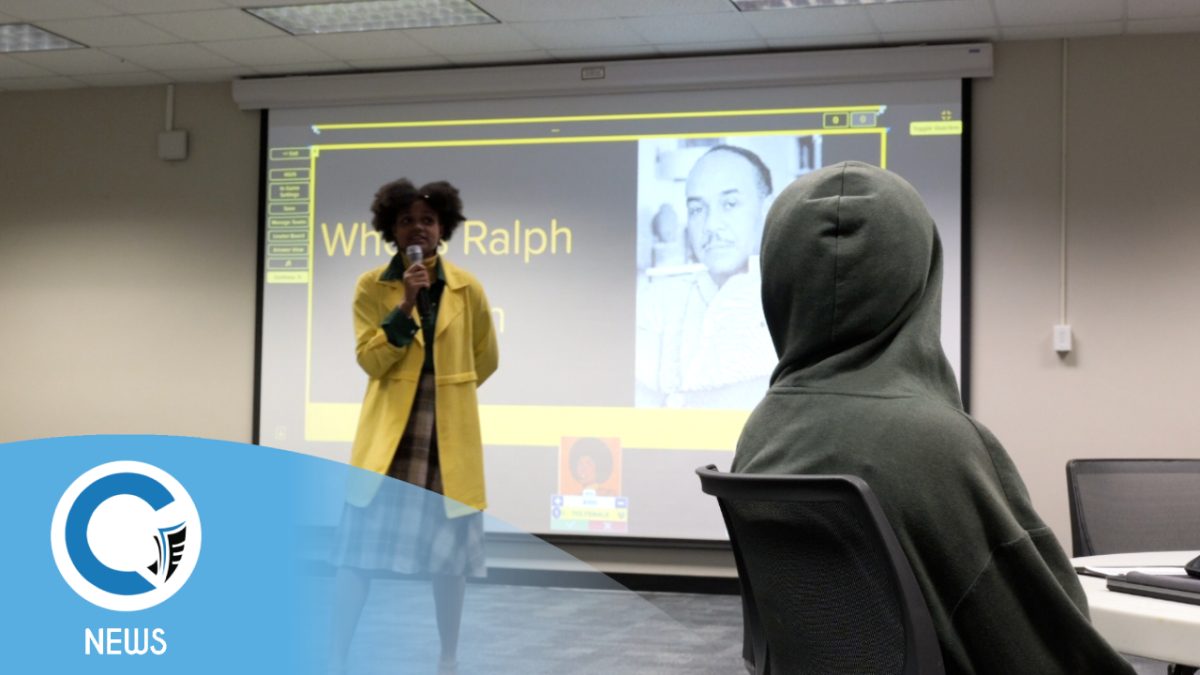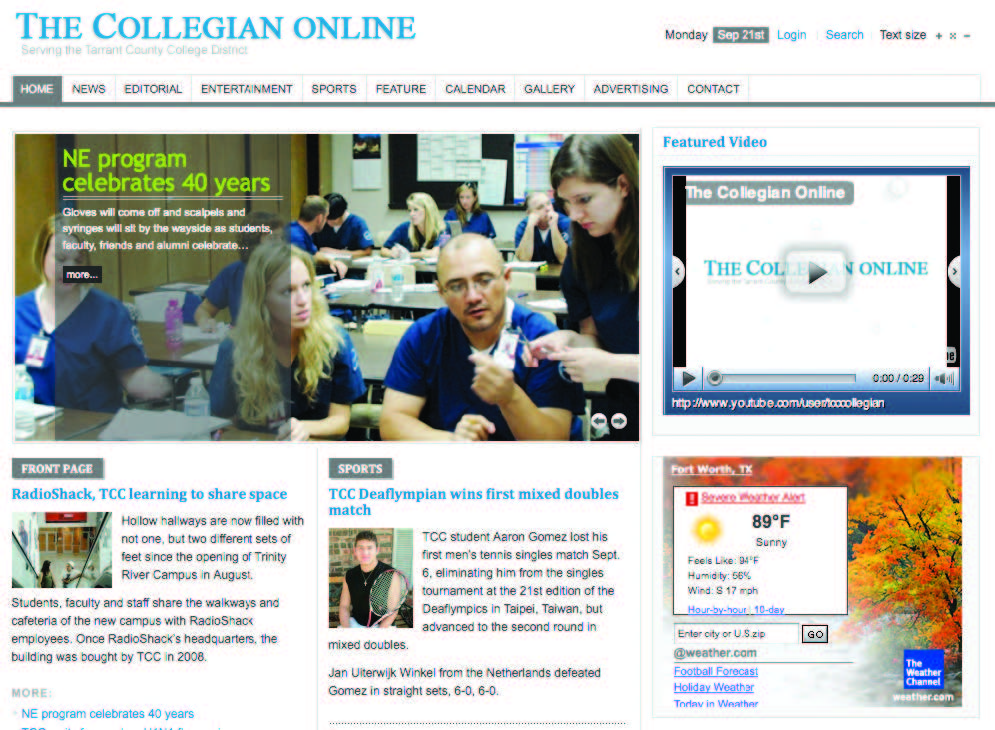By Edna Horton/nw news editor
Students learned to set up a budget and plan ahead for retirement last week on NW Campus.
Making Sense of Your $: Money Matters, presented by Dr. Thomas Kemp, NW business and economics professor, and Paul Hutton, vice president of Hutton Financial Advisors, was part of the NW Student Success Seminars Sept. 15.
“Before you can get money enough to invest, you have to start saving,” he said.
It is difficult for college students to work, pay bills and save money, Kemp said. Having a budget can make it easier to start saving.
“You can’t just live out of your pocket or your checkbook and hope there’s money there because there never will be any savings,” he said.
Kemp advised starting with a yearly budget that includes property and income tax and any long-term debt such as loans and retirement funds.
For property tax, Kemp suggested setting up an interest-bearing account. Instead of just setting aside $300 a month for a $3,600 property tax, one could invest $295 at 3 percent interest and save another $5 a month.
Kemp said students should always be aware that income tax returns must be completed.
Even if the amount of money made isn’t very much, that doesn’t excuse people from filling out returns.
“You don’t have to do anything. There are people in the penitentiary who will tell you that,” he said.
After the yearly budget has been established, one should make a monthly budget, including taxes, mortgage or rent, car payments, fuel costs, energy bills, food, entertainment, clothing and child care.
Setting up a monthly budget can be done by looking at bank statements, which provide a list of what was paid and where. This lets one see how much is spent on these costs each month.
A monthly budget can then be divided into weeks to make a weekly budget, which needs to contain a certain amount of pocket cash.
For debt management, Kemp suggested not using a credit card unless the bill can be paid off. Consolidating bills to one payment with a low-interest rate is a good idea, and if credit card payments cannot be made, one should contact the creditor to see if a payment schedule can be worked out.
Kemp said to pay down all debts as soon as possible to avoid bankruptcy.
Hutton offered advice on planning for retirement. Hutton said to set up an emergency fund that is three to six months of one’s annual income and start with $500 to $1,000. He said not to use credit cards for emergencies.
“Does anyone in this room want to retire wealthy when they’re 65? Did you know that can happen, and it’s not by chance?” he said.
Hutton said college graduates should open a 401K that they contribute money to as well as their employer. When they are 65, they could retire with $1.5 million, depending on what they put into it.
“Just because we make a lot of money doesn’t mean we have to spend a lot of money,” he said.
Hutton also suggested that when the emergency fund has been satisfied, students should look into a Roth IRA, an additional retirement plan that the individual contributes to each month.
Hutton said the minimum amount allowed for a Roth IRA varies but is usually around $500 to $1,000. There is also a 529 IRA that parents can open to grow funds for college.
“I came just to kind of figure out a monthly budget and to get out of debt,” said Tiffany Wells, NW Campus student.
NW student June Pollard thought the information sounded interesting.
“It’s something everyone needs information about, and you can’t go wrong,” she said.
Kemp said to keep a regular check on credit scores and know consumer rights.
He suggested www.myfico.com. This site tells how to get a free copy of one’s credit report and how to contest any fraudulent claims.
For more information on 401K or Roth IRA plans, call Hutton at 817-238-6995.


